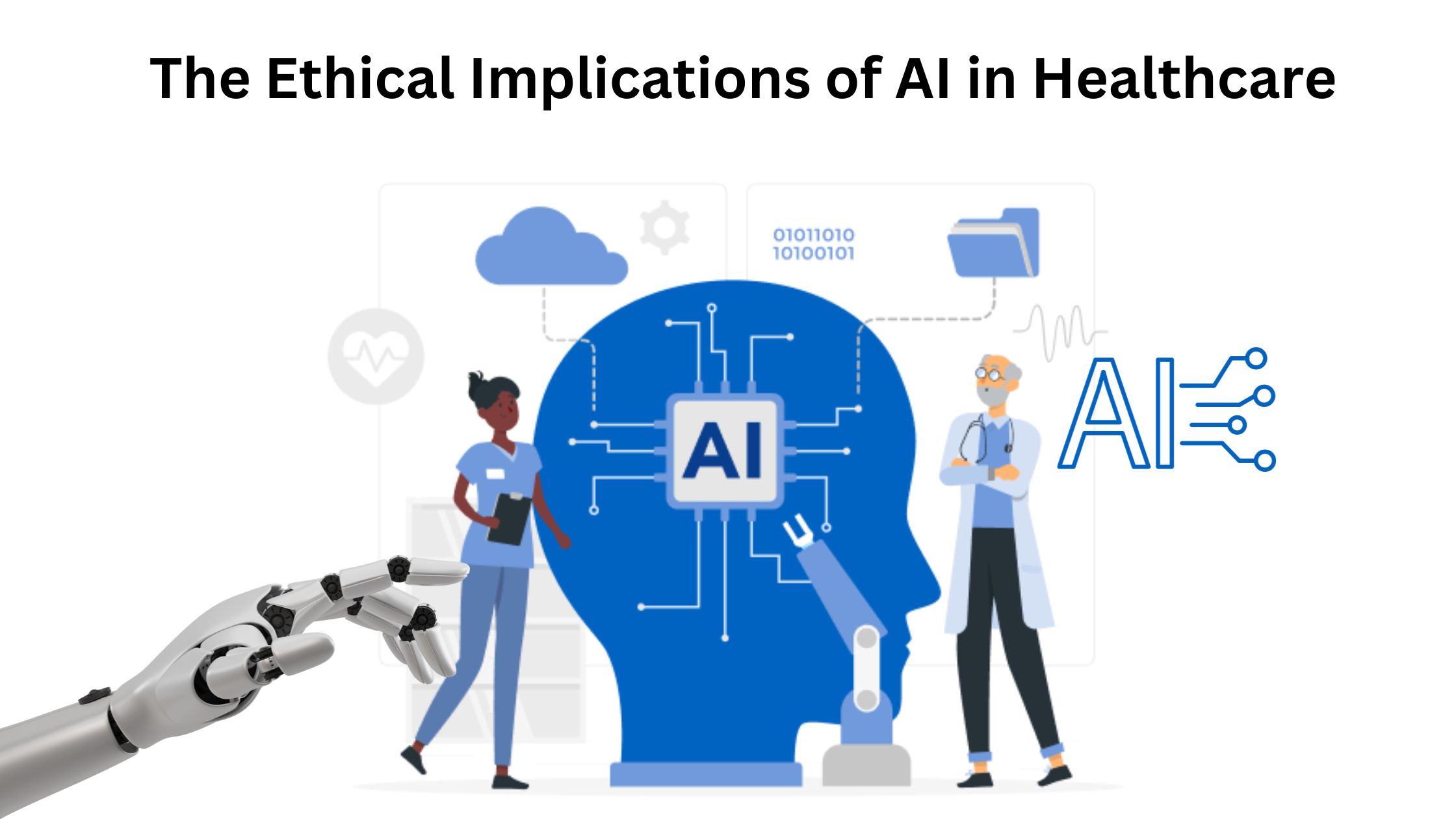Google Search's AI Mode: Evolution And Implications

Table of Contents
The Evolution of Google Search AI Mode
Google's journey into AI-powered search has been a gradual but significant evolution. From early algorithm updates prioritizing relevance, to the sophisticated natural language processing of today's AI mode, the changes have dramatically altered how we interact with search engines.
-
Early use of AI for ranking and relevance: The initial integration of AI focused on improving the ranking algorithms, ensuring that the most relevant results appeared first. This involved analyzing user behavior and query patterns to better understand search intent.
-
Introduction of featured snippets and knowledge panels: These features, powered by AI, provided concise answers directly on the search results page, reducing the need to click through multiple websites. This marked a significant shift towards providing immediate, easily digestible information.
-
Development of BERT and MUM for improved understanding of natural language queries: These groundbreaking language models allowed Google to understand the nuances of human language, including context, synonyms, and intent, leading to more accurate and relevant search results. BERT (Bidirectional Encoder Representations from Transformers) and MUM (Multitask Unified Model) represent major advancements in natural language processing.
-
The launch of the current AI mode and its key features: The current iteration of Google Search's AI mode leverages these advancements and more, providing a more conversational and intuitive search experience. Key features include comprehensive summaries of information across multiple sources and the ability to ask complex follow-up questions.
-
Specific algorithm updates that significantly impacted search results: Updates like RankBrain, which utilized machine learning to interpret search queries, and the ongoing refinements to BERT and MUM, continuously improve the accuracy and relevance of search results.
Enhanced User Experience with Google Search's AI Mode
The AI mode dramatically enhances the user search experience in several key ways:
-
Improved understanding of complex queries (long-tail keywords): The AI can now grasp the context and intent behind even long and nuanced search queries, providing significantly more relevant results compared to traditional keyword matching. This means users searching with longer, more specific phrases (long-tail keywords) will find precisely what they are looking for.
-
More accurate and relevant results: By understanding the context and intent of queries, the AI delivers search results with higher accuracy and relevance, saving users time and frustration.
-
Summarization of information from multiple sources: The AI mode synthesizes information from various reliable sources, providing concise summaries that highlight key insights without requiring users to sift through numerous web pages.
-
More conversational and intuitive interaction: Users can engage in a more natural conversational flow with the search engine, asking follow-up questions and refining their search effortlessly.
-
Examples of how users benefit from AI-powered search: Imagine searching for "best hiking trails near Yosemite with waterfalls." The AI mode not only provides a list of trails but also summarizes their difficulty, length, and scenic highlights, including waterfall locations, all within the initial search results.
Implications for Businesses Using Google Search AI Mode
The AI mode significantly impacts businesses' SEO strategies and online visibility. Success requires adaptation and a focus on quality and user experience.
-
The need for high-quality, comprehensive, and original content: In the age of AI, thin content and keyword stuffing are less effective. Businesses must create in-depth, informative content that provides comprehensive answers to user queries.
-
Importance of structured data and schema markup: Structured data helps search engines understand the content on a website, making it easier for AI to extract relevant information and present it effectively in search results.
-
Focus on user experience and website optimization: AI prioritizes websites that offer a seamless and intuitive user experience. Fast loading times, easy navigation, and mobile-friendliness are crucial for ranking well.
-
Opportunities for businesses to leverage AI-powered tools for content creation and marketing: Businesses can utilize AI tools to improve content creation, analyze search trends, and optimize their SEO strategies.
-
Potential challenges and adaptations for businesses in the changing search landscape: Businesses need to adapt quickly to the evolving search landscape, focusing on providing value and improving user experience to remain competitive.
SEO Strategies in the Age of AI
Optimizing for Google's AI mode requires a shift in SEO strategy:
-
Keyword research focusing on conversational and long-tail keywords: Focus on user intent and the natural language they use when searching.
-
Creating in-depth, comprehensive content answering user queries completely: Provide complete and accurate information to satisfy user needs and encourage longer engagement.
-
Optimizing website structure for easy navigation and information retrieval: Make sure the information on your website is easily accessible and well-organized.
-
Employing AI-powered SEO tools for analysis and optimization: Utilize AI tools to analyze your website's performance and identify areas for improvement.
Ethical Considerations and Future of Google Search AI Mode
While the AI mode offers remarkable advancements, ethical considerations are paramount:
-
Potential biases in AI algorithms and their impact on search results: Addressing biases in the data used to train AI algorithms is crucial to ensure fair and unbiased search results.
-
The spread of misinformation and the role of AI in combating it: AI can play a vital role in detecting and combating misinformation, but ongoing development and refinement are necessary.
-
Data privacy concerns related to personalized search results: Maintaining user privacy while providing personalized results requires careful consideration and robust data protection measures.
-
Future developments and potential improvements for the Google Search AI mode: We can expect further advancements in natural language processing, improved understanding of context, and enhanced personalization features.
Conclusion
Google Search's AI mode is revolutionizing how we find information online. This evolution presents both opportunities and challenges for users and businesses alike. By understanding its implications and adapting strategies accordingly, businesses can leverage the power of AI to improve their online presence. Staying informed about updates to the Google Search AI mode and incorporating best practices will be crucial for success in the ever-evolving digital landscape. Embrace the future of search and optimize your strategy for the Google Search AI mode today!

Featured Posts
-
 Trans Australia Run A New World Record On The Horizon
May 22, 2025
Trans Australia Run A New World Record On The Horizon
May 22, 2025 -
 Appeal Filed Ex Tory Councillors Wife Fights Racial Hatred Tweet Charge
May 22, 2025
Appeal Filed Ex Tory Councillors Wife Fights Racial Hatred Tweet Charge
May 22, 2025 -
 Juergen Klopp Un Doenuesue Duenya Devi Nin Yeni Lideri Mi
May 22, 2025
Juergen Klopp Un Doenuesue Duenya Devi Nin Yeni Lideri Mi
May 22, 2025 -
 Cassis Blackcurrant Uses And Recipes
May 22, 2025
Cassis Blackcurrant Uses And Recipes
May 22, 2025 -
 Activite Des Cordistes A Nantes Impact De La Construction Des Tours
May 22, 2025
Activite Des Cordistes A Nantes Impact De La Construction Des Tours
May 22, 2025
Latest Posts
-
 7 Vi Tri Ket Noi Tp Hcm Long An Can Uu Tien Dau Tu
May 22, 2025
7 Vi Tri Ket Noi Tp Hcm Long An Can Uu Tien Dau Tu
May 22, 2025 -
 Su Kien Chay Bo Hon 200km Ket Noi Dak Lak Va Phu Yen
May 22, 2025
Su Kien Chay Bo Hon 200km Ket Noi Dak Lak Va Phu Yen
May 22, 2025 -
 Duong 4 Lan Xe Xuyen Rung Ma Da Dong Nai Thuc Day Ke Hoach Ket Noi Binh Phuoc
May 22, 2025
Duong 4 Lan Xe Xuyen Rung Ma Da Dong Nai Thuc Day Ke Hoach Ket Noi Binh Phuoc
May 22, 2025 -
 Dak Lak Phu Yen Chay Bo Hon 200km Hon 200 Nguoi Tham Gia
May 22, 2025
Dak Lak Phu Yen Chay Bo Hon 200km Hon 200 Nguoi Tham Gia
May 22, 2025 -
 De Xuat Xay Duong 4 Lan Xe Xuyen Rung Ma Da Dong Nai Kien Nghi Binh Phuoc
May 22, 2025
De Xuat Xay Duong 4 Lan Xe Xuyen Rung Ma Da Dong Nai Kien Nghi Binh Phuoc
May 22, 2025
